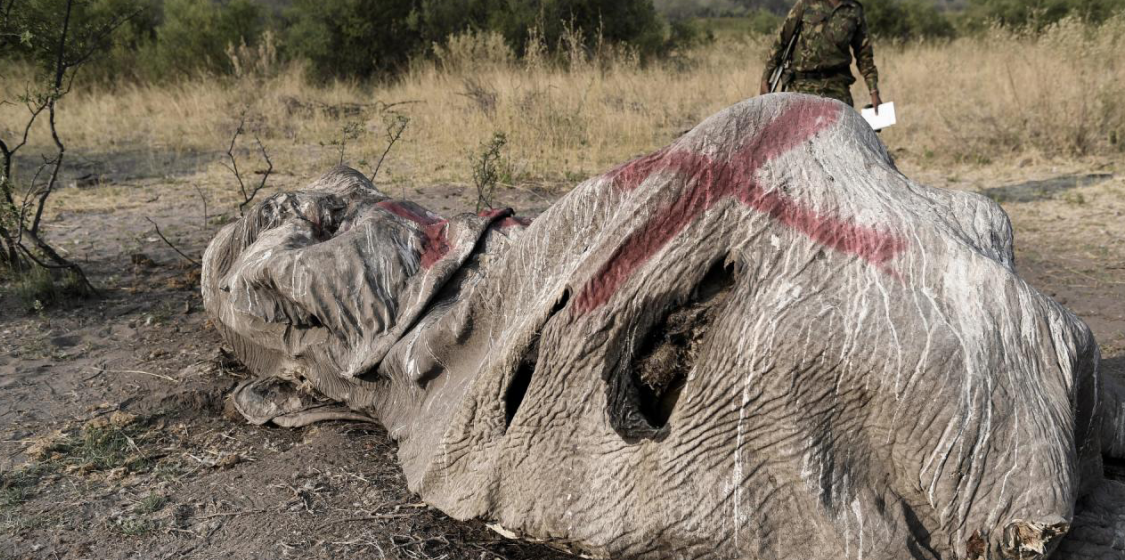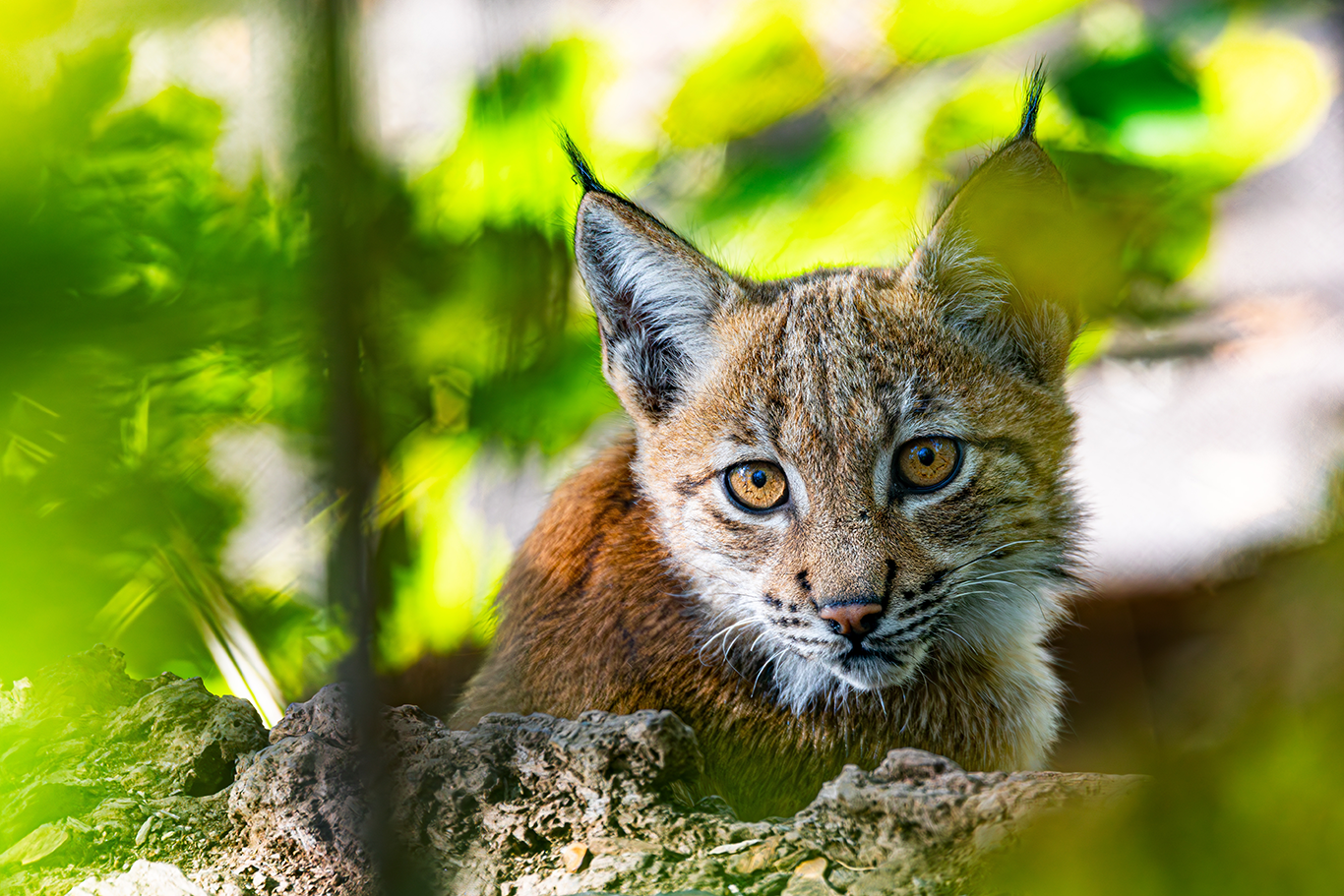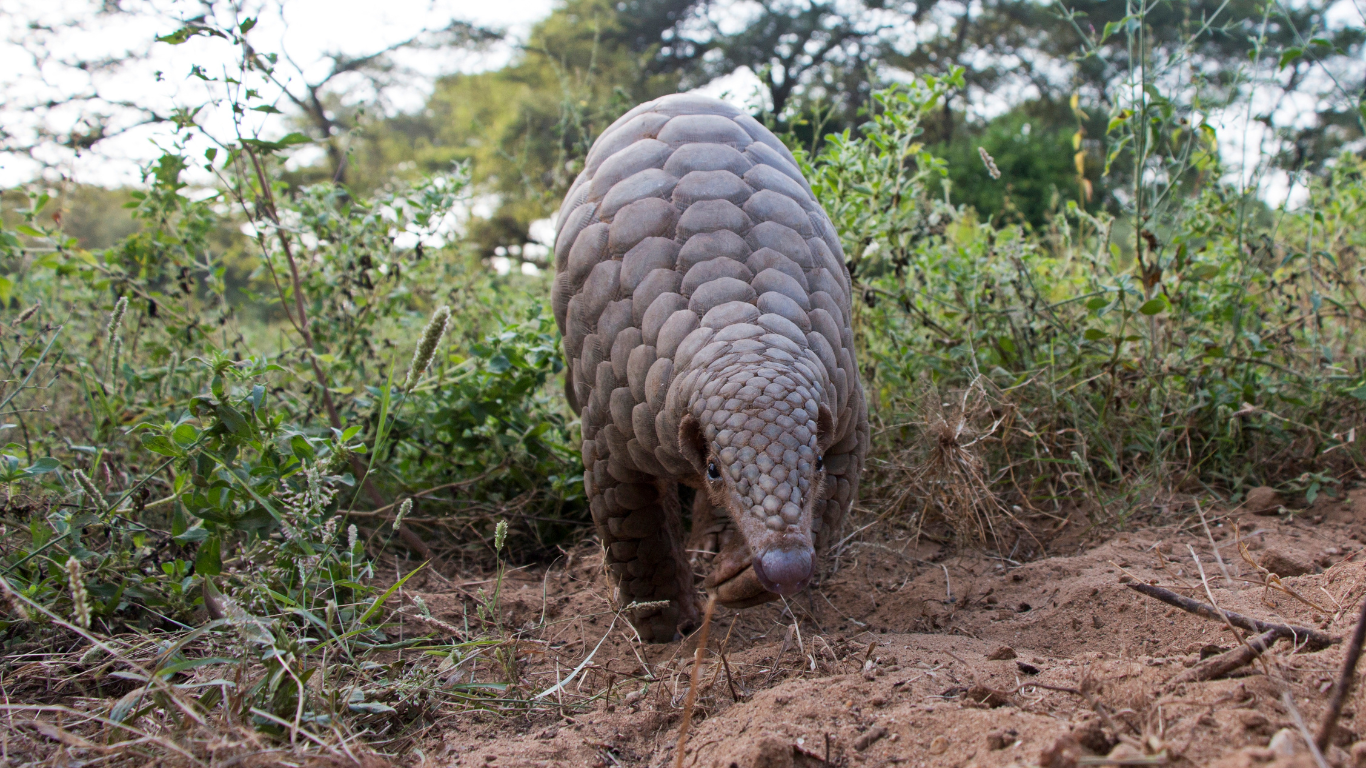By Hailey Gaunt
President of Botswana, Mokgweetsi Masisi, is moving closer to lifting his country’s moratorium on hunting. The ban, which was instituted in 2014 by former president, Ian Khama, had gained Botswana a reputation as a conservation leader and Khama a hero for putting an ethical, sustainable tourism model above short-term profits.
But let’s be honest, the ban is also paying dividends for tourism – the second largest contributor to the country’s GDP.
Now, all that currency – reputational and actual – is quickly draining away while Masisi considers reinstating trophy hunting and other abhorrent practices laid out in the Hunting Ban Social Dialogue Report. The report is a culmination of investigations he set in motion last year in June, a few months after he took office.
Back then, the Botswana government quoted its elephant population at 230,000. Since then, they’ve adjusted the figure to a more realistic 130,000. Despite the wild and unexplained disparity, however, the government asserts that Botswana is overrun by this species, and drastic measures must be taken. To address the supposed overpopulation, the report suggests:
- lifting the trophy hunting ban
- instituting regular elephant culling
- using elephant meat in canned pet food
- closing off wildlife migratory routes "not beneficial to the country's conservation efforts"
Even those who argue for culling as a necessary tool for conservation, are critical of these recommendations. Environmental journalist, Tony Weaver, called the recommendations “disturbing” and “fatally-flawed.”
Human-wildlife conflict would appear to be the fuel igniting the recent flame of contention - even for a sparsely populated country roughly the size of France, that has only 2.2 million people. This argument says that many people rely on crops to feed their families and elephants raid these crops, endangering human life in the process.
However, there is no basis for the claim that incidences of human-wildlife conflict are up since the ban was imposed. In fact, very successful measures have been implemented in places where these interactions are most tense. Botswana-based organisations like Elephants Without Borders (EBS) have used state-of-the-art technologies to monitor elephant movements and clever, non-harmful deterrents to help protect people’s crops.
Other critics of the ban have suggested that politics and elections are driving the change in policy. “It’s a political feud over the sovereignty to practice wildlife management without meddling from the West and is being used by the government as an election campaign,” wrote Louise de Waal, sustainable tourism consultant and environmental activist.
The proposal has distressed many well-respected conservation activists, including Dereck Joubert, wildlife documentary maker and eco-tourism stakeholder. Joubert is calling the proposal “Botswana’s Blood Law.”
Dr. Mike Chase of EBS has been a judicious critic of the government’s recent approach to wildlife management. It’s an approach that has also included the dismantling of anti-poaching units last May and bold-faced denials of poaching. In September last year, the BBC reported that 87 elephant carcasses were discovered in and around Botswana’s wildlife sanctuaries – most of them the result of recent poaching crimes (done within the previous three months).
David Barritt of animal welfare organisation, Network for Animals (NFA), said that Botswana would face international revulsion if it allowed elephants to be turned into pet food. “It shows that the Botswana president is unaware of the rising depth of feeling against killing elephants around the world. This is an idea that, if turned into reality, would see Botswana internationally reviled. NFA urges him to reconsider and maintain the status quo, under which elephants are protected.”
In March, at his party’s regional congress, the president criticized Western conservationists. He fumed: “Where do they get the guts to tell us how we should take care of our wildlife when they do not have anything?”
For a country whose economy is essentially powered by outsiders, this statement represents a fatal miscalculation. One that will have devastating implications for humans and wildlife alike.





